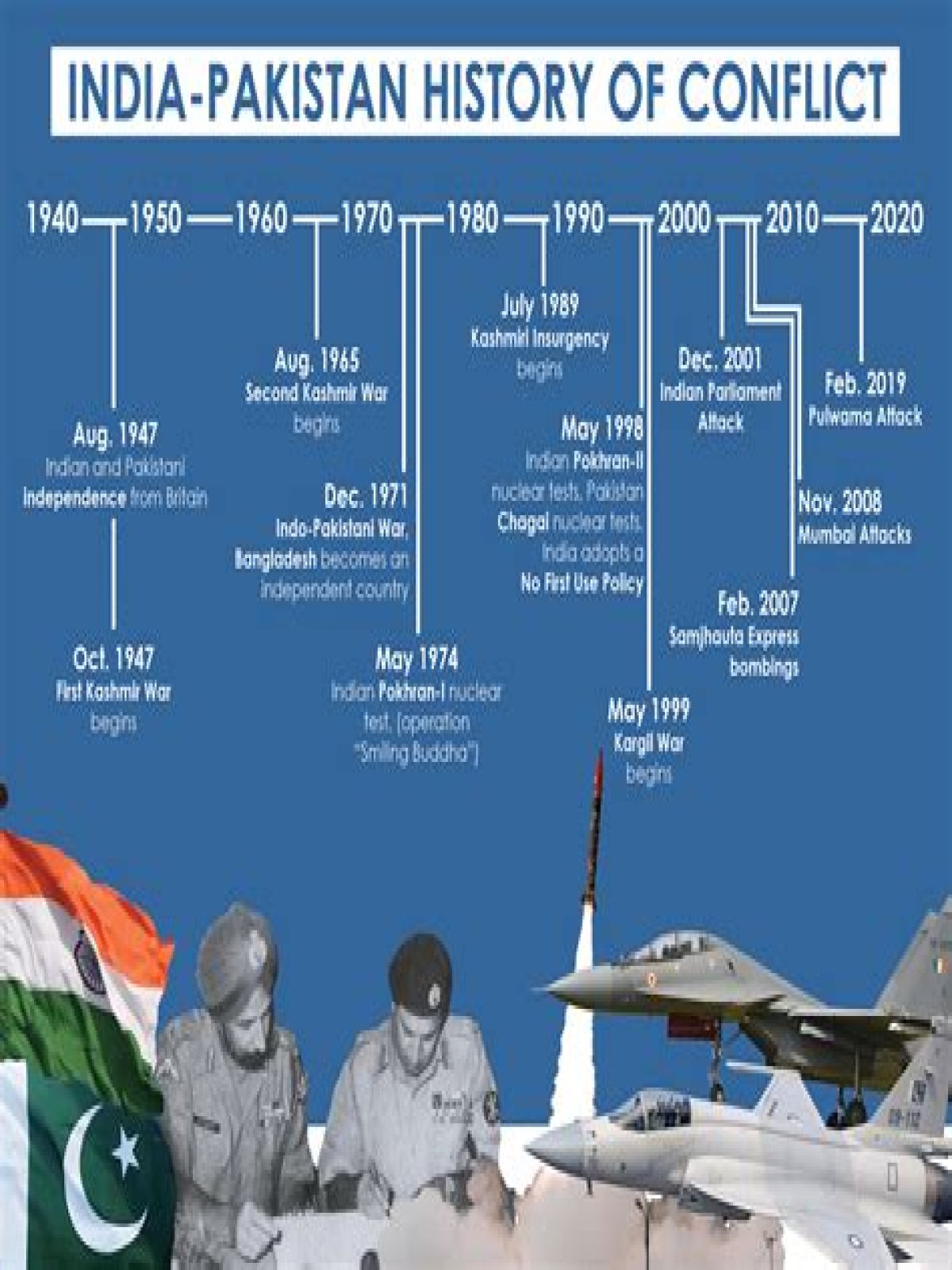Similarly, when was the last Indian battle?
October 24, 1903
Similarly, what battles took place on Native Americans? Little Bighorn and Wounded Knee, were the only two battles fought on Native American land.
Also question is, what were the causes of the Indian wars?
Specifically, the Indian Wars focused on the colonization of indigenous people and their lands by white settlers as they expanded their settlements towards the west coast of what is now called the U.S. The wars resulted from indigenous people defending their homelands, cultures, and lives, as white settlers moved
What was the last Native American battle?
The Battle of the Little Bighorn, also called Custer's Last Stand, marked the most decisive Native American victory and the worst U.S. Army defeat in the long Plains Indian War. The demise of Custer and his men outraged many white Americans and confirmed their image of the Indians as wild and bloodthirsty.
Who won the Indian war?
What ended Native American resistance?
What battle ended the Indian wars?
Who Won the War of 1812?
How many American soldiers have died in all wars?
| War or conflict | Date | Total U.S. deaths |
|---|---|---|
| Total | ||
| World War I | 1917–1918 | 116,516 |
| North Russia Campaign | 1918–1920 | 424 |
| American Expeditionary Force Siberia | 1918–1920 | 328 |
Who was Tecumseh's father?
How many wars has America started?
What was the outcome of the Indian wars?
| Date | 1609–1924 (intermittent) |
|---|---|
| Location | United States, Canada |
| Result | Sovereignty of various combatants extended or lost Many treaties, truces, and armistices made and broken by combatants Indian reservations established in the United States and Canada |
How do wars start?
Why do wars happen?
Can war ever be justified?
When was the last Indian attack in America?
| Date | January 9, 1918 |
|---|---|
| Location | Bear Valley, Arizona |
| Result | United States victory, successful Yaqui delaying action. |
Who is America at war with?
| 1. | War in Afghanistan | 2001/10 – present |
|---|---|---|
| 4. | War in North-West Pakistan | 2004 – 2017 |
| 5. | Northwest Indian War | 1785 – 1795 |
| 6. | Iraq War | 2003/03 – 2011/12 |
| 7. | American Revolutionary War | 1775/04 – 1783/09 |
